Slurry may have to be spread earlier using more trailing hoses and shoes and all outdoor storage tanks may have to be covered, if measures proposed in the Government's draft air pollution plan are adopted.
The Department of Communications, Climate Action and Environment opened a public consultation this Monday on the draft national air pollution control programme required under EU public health law.
The document includes a list of "options under consideration," including:
Spreading all dairy and pig slurry with trailing shoes.Spreading 42% of other slurry with trailing hoses or shoes.Shifting more summer slurry spreading to the spring.Covering all outdoor slurry storage.Increasing use of protected urea.Reducing the crude protein content of pig feed.Adding alum additives to poultry litter and drying poultry manure when stored in pits under caged birds.The Department is clear that "the options that are listed under the agriculture sector have not yet been adopted".
The only air pollution measures adopted so far are in transport, electricity generation and home heating. However, they do not address ammonia (NH3) pollution.
This harmful gas is caused almost entirely by agriculture and its emissions are projected to increase by 14% by 2030 compared with 2005 levels, against an EU obligation to achieve a 5% cut.
Depending on the adoption of agriculture measures above, this may improve.
However, as "these options still do not address the full estimated gap for NH3 to meet compliance, further options will also need to be assessed," the Department has warned.
Submissions to the public consultation can be sent to the Department by email to airquality@dccae.gov.ie or by post: Draft National Air Pollution Control Programme Consultation, Air Quality Division, Department of Communications, Climate Action & Environment, Newtown Road, Wexford, Y35 AP90.
Read more
DAERA proposes tighter slurry rules
Protected urea – is it the way forward?
Shock new €36m slurry rules
Slurry may have to be spread earlier using more trailing hoses and shoes and all outdoor storage tanks may have to be covered, if measures proposed in the Government's draft air pollution plan are adopted.
The Department of Communications, Climate Action and Environment opened a public consultation this Monday on the draft national air pollution control programme required under EU public health law.
The document includes a list of "options under consideration," including:
Spreading all dairy and pig slurry with trailing shoes.Spreading 42% of other slurry with trailing hoses or shoes.Shifting more summer slurry spreading to the spring.Covering all outdoor slurry storage.Increasing use of protected urea.Reducing the crude protein content of pig feed.Adding alum additives to poultry litter and drying poultry manure when stored in pits under caged birds.The Department is clear that "the options that are listed under the agriculture sector have not yet been adopted".
The only air pollution measures adopted so far are in transport, electricity generation and home heating. However, they do not address ammonia (NH3) pollution.
This harmful gas is caused almost entirely by agriculture and its emissions are projected to increase by 14% by 2030 compared with 2005 levels, against an EU obligation to achieve a 5% cut.
Depending on the adoption of agriculture measures above, this may improve.
However, as "these options still do not address the full estimated gap for NH3 to meet compliance, further options will also need to be assessed," the Department has warned.
Submissions to the public consultation can be sent to the Department by email to airquality@dccae.gov.ie or by post: Draft National Air Pollution Control Programme Consultation, Air Quality Division, Department of Communications, Climate Action & Environment, Newtown Road, Wexford, Y35 AP90.
Read more
DAERA proposes tighter slurry rules
Protected urea – is it the way forward?
Shock new €36m slurry rules




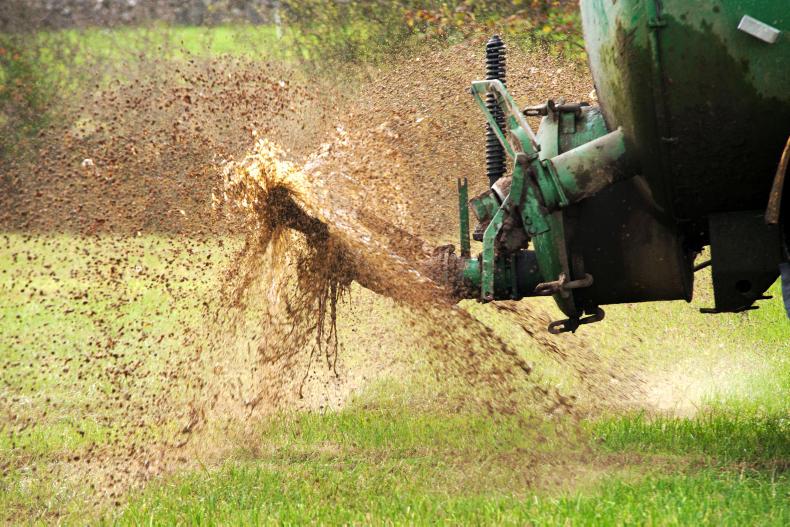
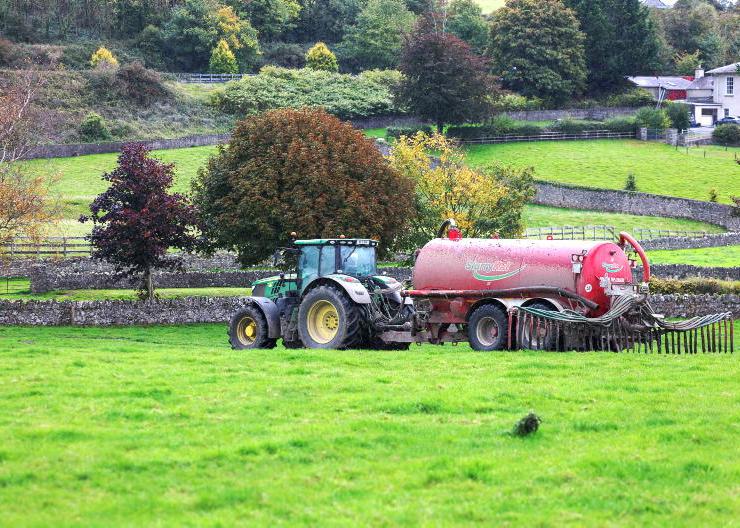

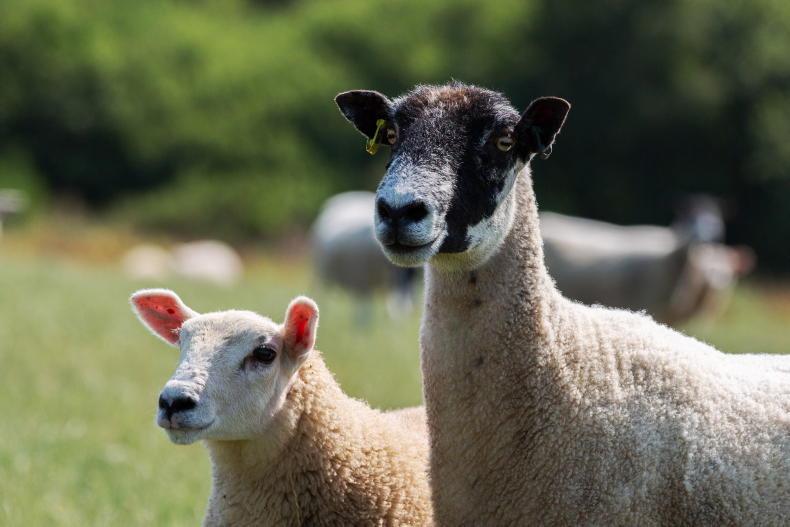
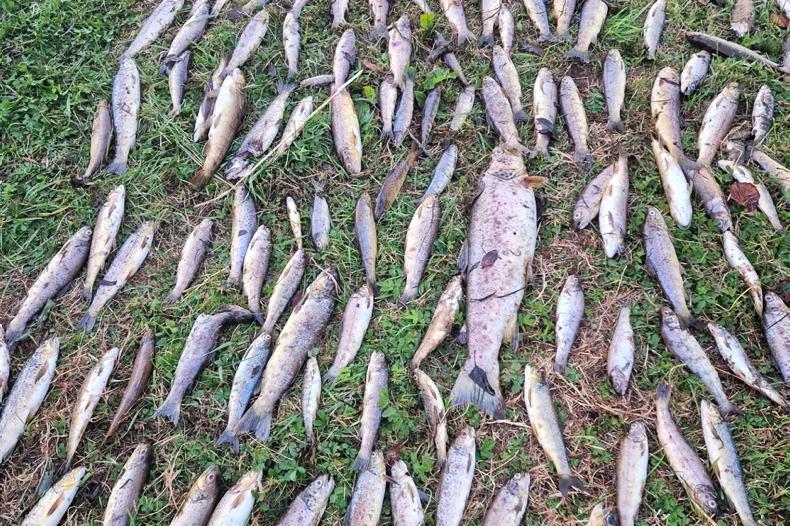
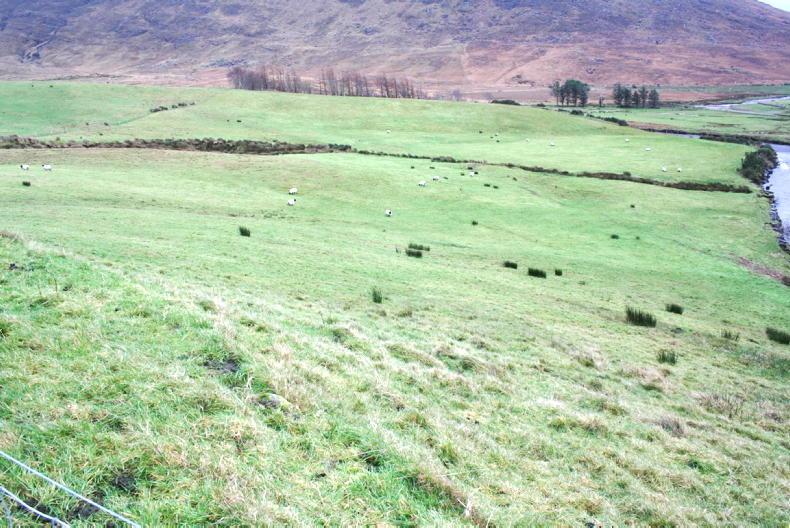
SHARING OPTIONS